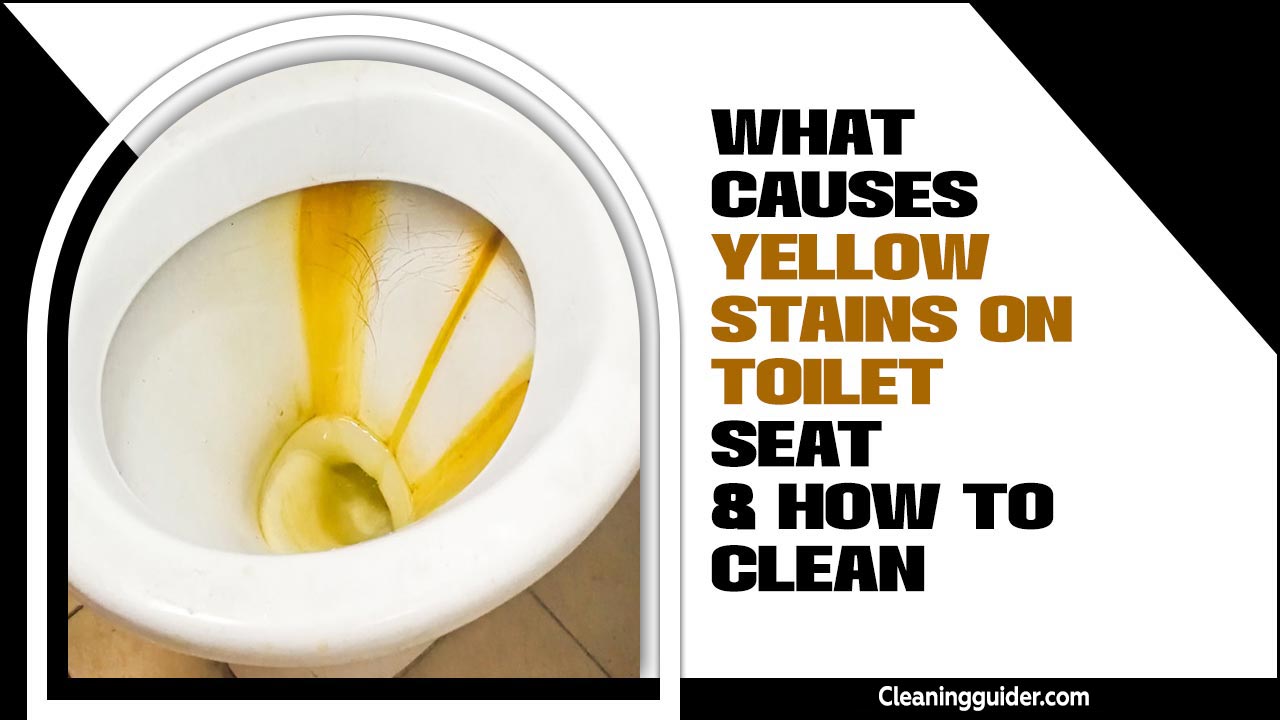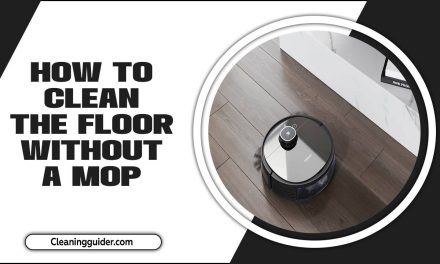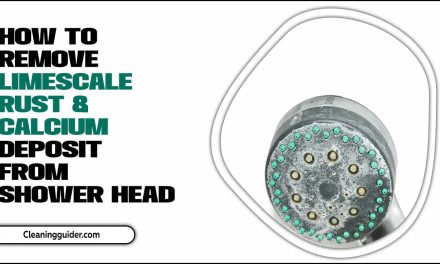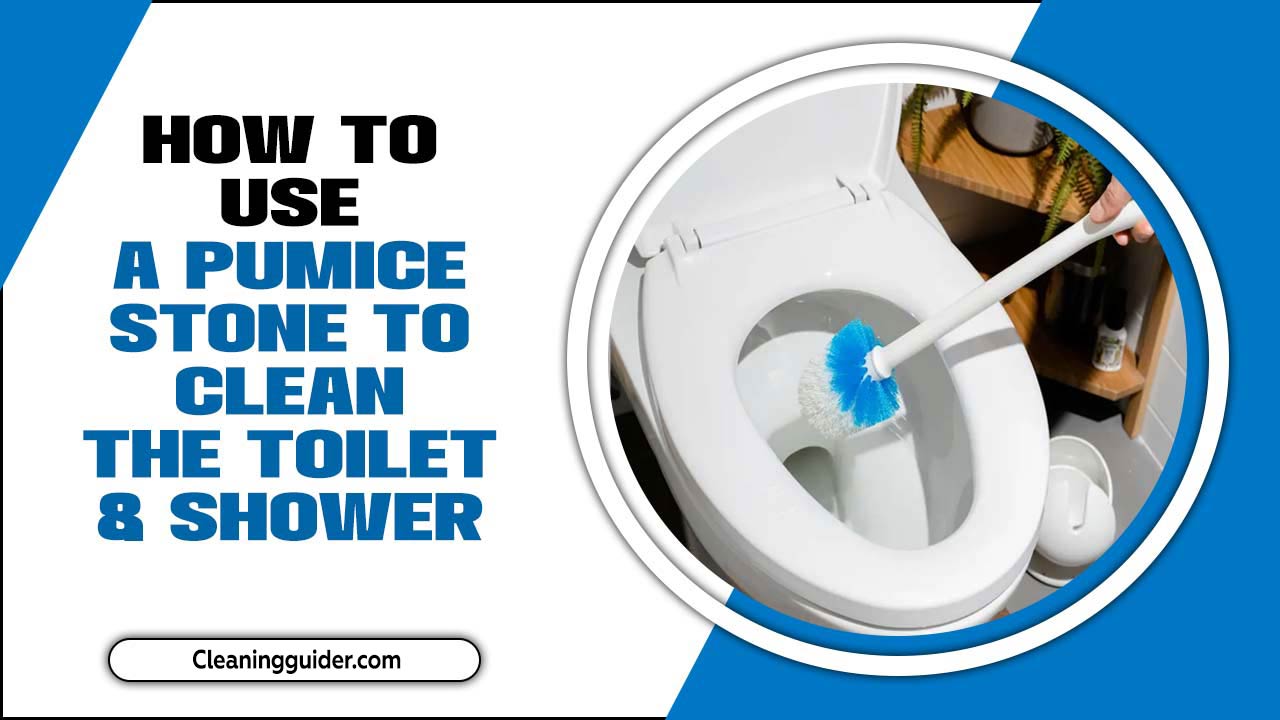Maintaining a clean and hygienic home is essential for a healthy living environment. When cleaning floors, one of the most debated topics is whether it is better to use hot or cold water while mopping.
While some argue that hot water is more effective in killing germs and removing stubborn stains, others believe that cold water is just as effective and may even have its benefits. With conflicting opinions and information, it can be confusing to determine which is truly better for mopping. As a result, we have decided to delve into this topic and explore the pros and cons of hot and cold water for mopping.
Is it better to mop with cold water or hot water? You will better understand the advantages and disadvantages of using cold and hot water for mopping, and you can make an informed decision on which one is better suited for your cleaning needs.
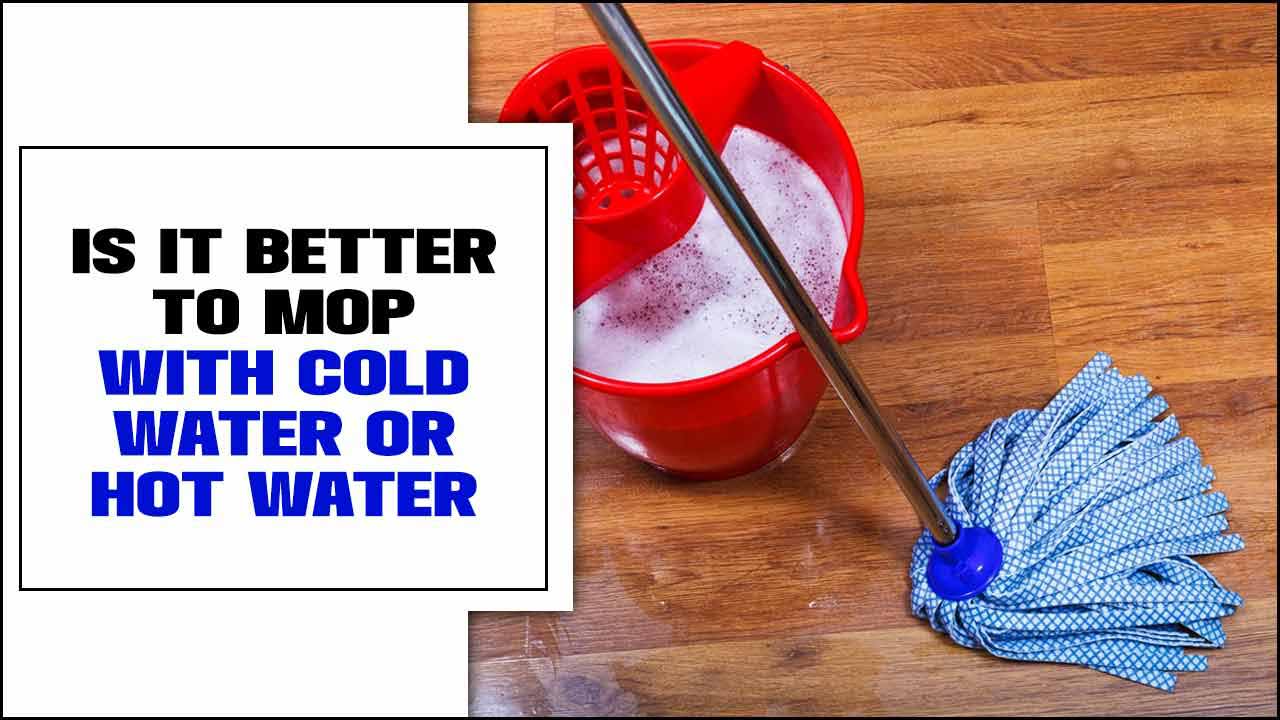
Safety Precautions To Take When Mopping With Hot Water
When mopping with hot water, it is important to take certain safety precautions to prevent accidents or injuries. Here are some key safety measures to keep in mind:
- Use Protective Gloves: Hot water can cause burns or scalds, so always wear heat-resistant gloves when handling hot water.
- Be Cautious Of Steam: Hot water can produce steam, which can be harmful if inhaled or if it comes into contact with the skin. Avoid leaning over the bucket or mop to minimize exposure to steam.
- Secure The Area: Make sure the area you are mopping is clear of any obstacles or tripping hazards that could cause accidents while working with hot water.
- Use A Sturdy Mop And Bucket: Ensure that your mop and bucket are designed to handle hot liquids made from materials that will not melt or become damaged by high temperatures.
- Allow The Water To Cool Before Disposing Of It: After you have finished mopping, allow the hot water to cool down before emptying it to avoid accidental spills and burns.
By following these safety precautions, you can ensure a safe and effective mopping experience when using hot water.
Is It Better To Mop With Cold Water Or Hot Water? – Why Is Important To Use
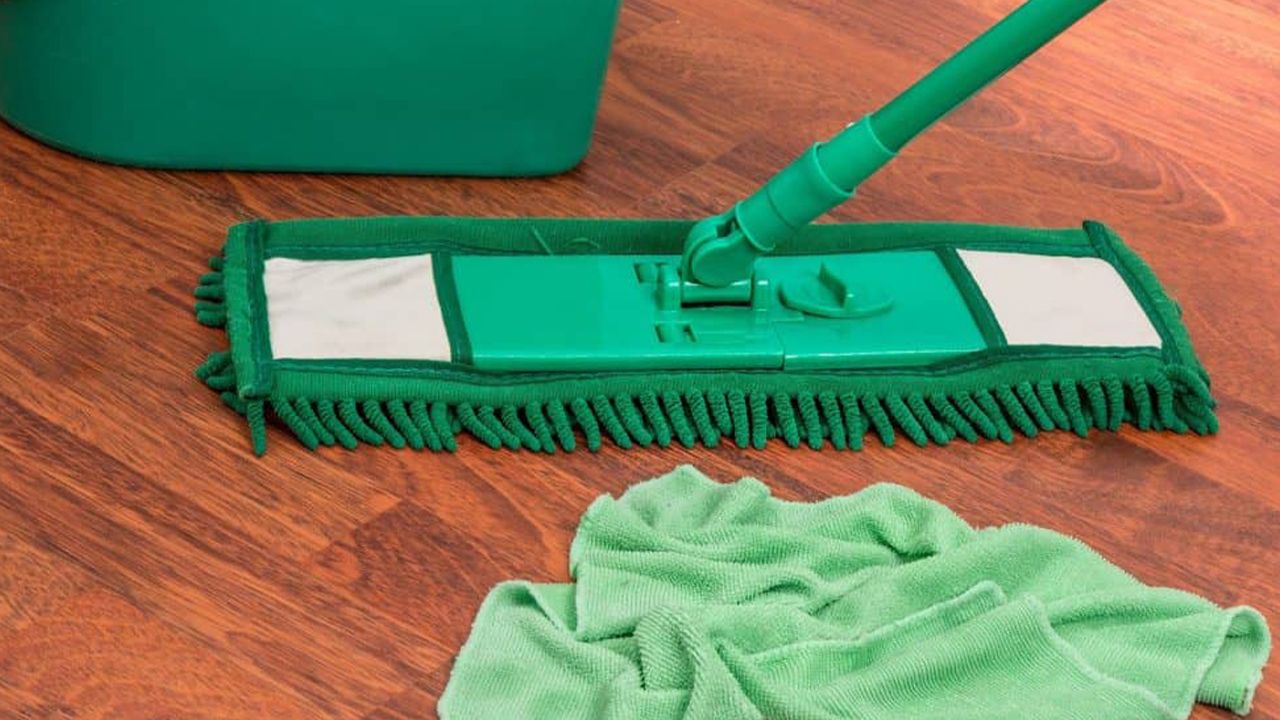
Hare is is it better to mop with cold water or hot water? The debate about mopping with cold or hot water has long been discussed. Both options have their advantages and ultimately depend on the type of flooring and the specific needs of the cleaning task. Cold water is often preferred for regular maintenance cleaning, as it can effectively remove dirt and grime without causing any damage to delicate surfaces.
On the other hand, hot water can be more effective in breaking down tough stains and grease, making it a better choice for deep cleaning or tackling stubborn messes. It’s important to consider factors such as the type of flooring, the level of dirtiness, and personal preference when deciding whether to mop with cold or hot water.
Choosing The Right Temperature For Your Floor Type
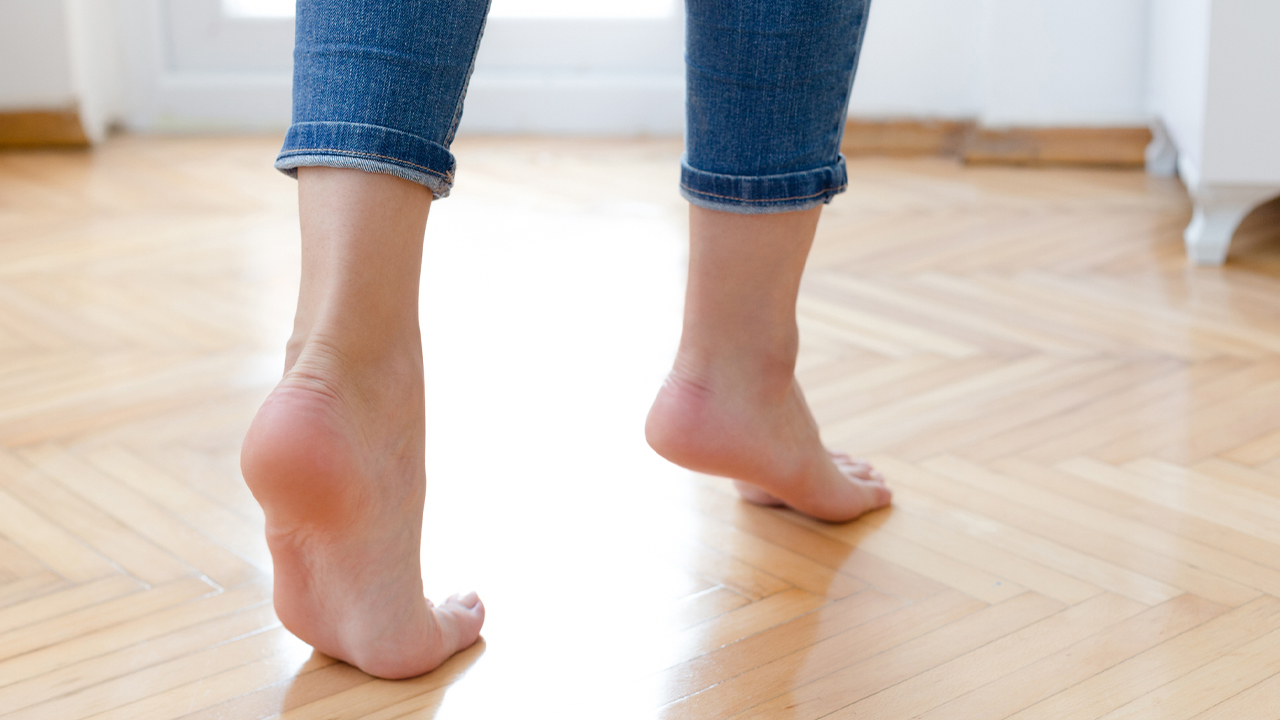
Choosing the right temperature for mopping your floors can depend on the type of flooring you have. Generally, hot water can be more effective at removing tough stains and grime, as the heat helps break down dirt and grease. However, it is important to consider the specific needs of your flooring material.
For example, hot water may not be suitable for certain hardwood or laminate floors, as it can cause warping or damage. Cold water or a mild cleaning solution may be a better option in these cases. It is always recommended to consult the manufacturer’s guidelines or seek professional advice to ensure you use the appropriate temperature for your specific floor type.
What Does Mopping With Hot Water Do To Your Floor?
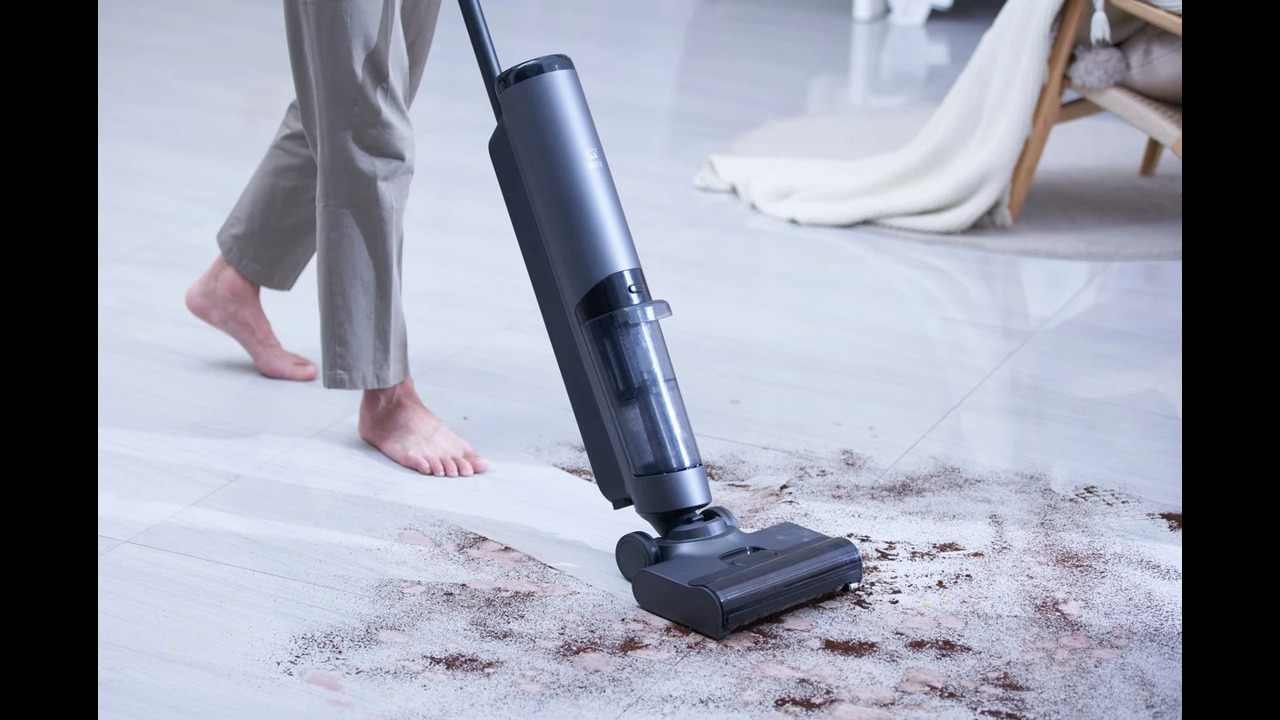
Mopping with hot water can have a few benefits for your floors. Firstly, hot water can help to loosen and dissolve dirt and grime more effectively than cold water. This means you will likely achieve a deeper clean when you mop with hot water.
Additionally, the hot water’s heat can help sanitize your floors by killing bacteria and germs. This can be particularly beneficial in areas of your home that are prone to spills or high foot traffic.
However, it is important to note that not all types of flooring are suitable for mopping with hot water. Some flooring materials, such as hardwood or laminate, may be more susceptible to damage from hot water. It is always best to consult the manufacturer’s guidelines or seek professional advice to ensure you use the correct water temperature for your specific flooring type.
What Does Mopping With Cold Water Do To Your Floor?
Mopping with cold water can affect your floor differently, depending on your flooring. Cold water is less likely to cause damage to delicate surfaces, such as hardwood or laminate, as it does not expand the wood fibers or cause warping.
However, hot water may not be as effective at removing tough stains or dirt. On the other hand, mopping with cold water is generally safe for tile or vinyl floors and can help to maintain their shine and prevent any discoloration that may occur with hot water. Ultimately, it is important to consider the specific needs of your flooring and choose the appropriate water temperature when mopping.
How To Clean Different Floor Types With Hot Or Cold Water
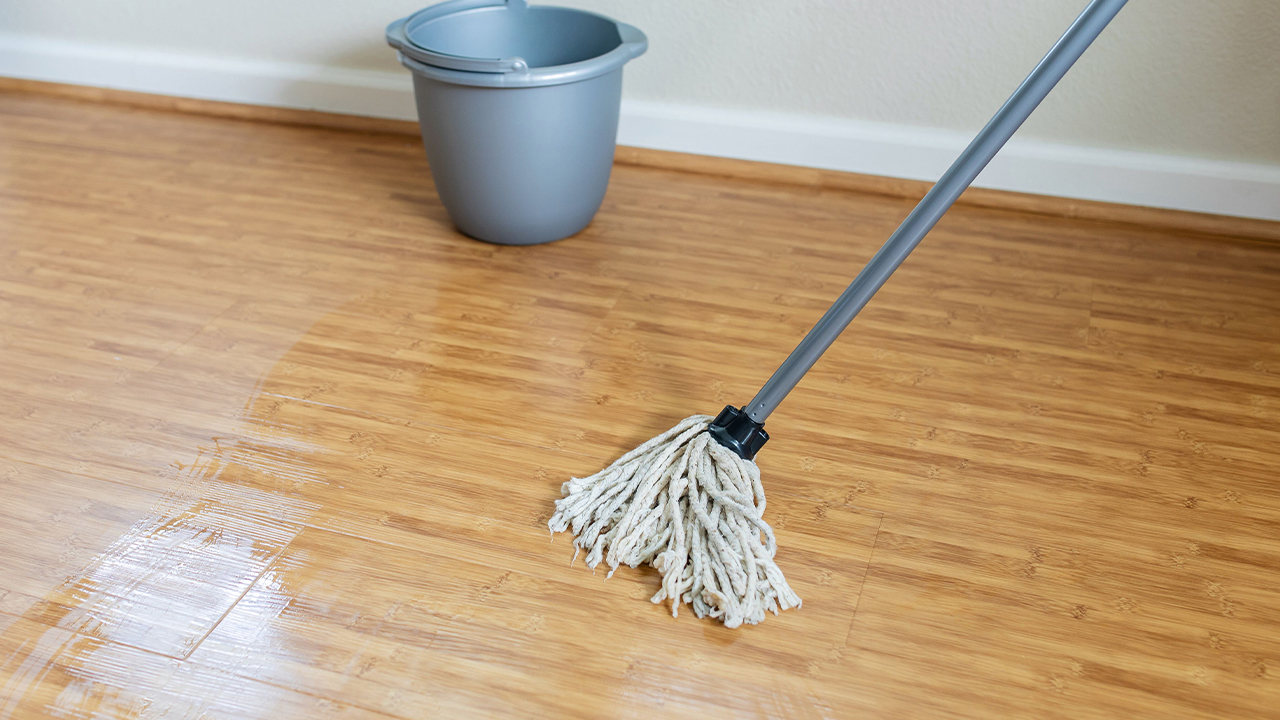
When it comes to mopping, the temperature of the water you use can make a difference depending on your floor type. Hot water is generally more effective at removing dirt and grime for most floor types, including tile, vinyl, and laminate. The heat helps loosen stubborn stains and makes lifting them off the surface easier.
However, it’s important to note that hot water can damage certain types of flooring, such as hardwood or bamboo. It’s best to stick with lukewarm or cold water for these types of floors to prevent warping or discoloration. Always check the manufacturer’s guidelines for your specific flooring before deciding on the temperature of water to use when mopping.
Risks Of Using Hot Water On Certain Floor Types
Using hot water to mop certain floor types can pose risks that may damage the flooring. It is important to know these risks before deciding whether to use hot or cold water for mopping. Here are some potential risks associated with using hot water on certain floor types:
- Vinyl And Linoleum: Hot water can cause these types of flooring to warp or become discolored.
- Laminate: Excessive heat from hot water can cause laminate flooring to buckle or warp.
- Hardwood: Hot water can strip away the protective finish on hardwood floors, leading to damage and discoloration.
- Natural Stone: Some natural stones, such as marble, can be sensitive to temperature changes. Hot water can cause cracking or etching on these surfaces.
To avoid these risks, it is generally recommended to use lukewarm or cold water when mopping floors. If you are unsure about the appropriate temperature for your specific flooring type, it is best to consult the manufacturer’s guidelines or seek advice from a professional.
When Is It Better To Use Cold Water For Mopping?
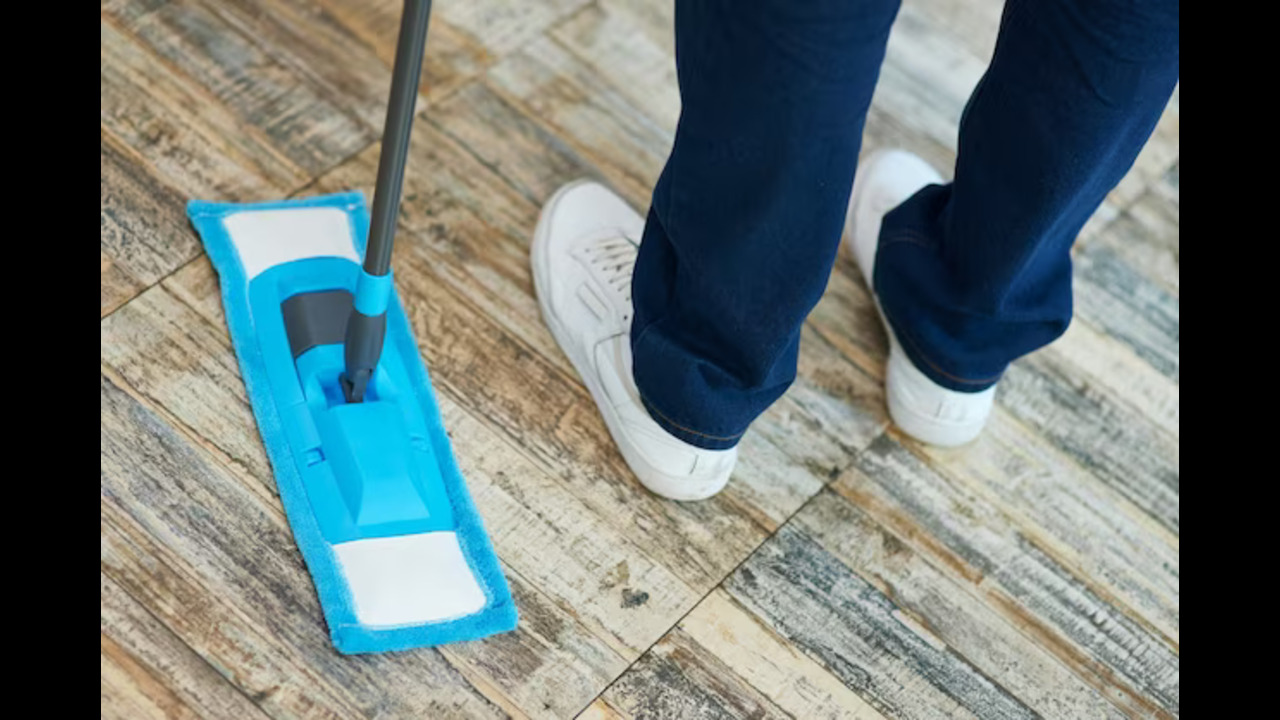
There are certain situations when using cold water for mopping is better. Cold water is particularly effective for cleaning up spills or stains caused by substances such as blood, wine, or coffee. The cold temperature helps constrict the fibers of the fabric or carpet, making it easier to lift and remove the stain.
Additionally, using cold water can help prevent certain stains from setting in and becoming more difficult to remove. It is important to note that while cold water can be effective in these situations, it may not be as effective at removing grease or oil-based stains. Hot water or a specialized cleaner may be more appropriate in those cases.
When Is It Better To Use Hot Water For Mopping?
Hot water is generally more effective for mopping when dealing with tough stains, grease, or sticky residue. The heat helps to break down and dissolve these substances, making them easier to remove from the floor surface. Hot water also evaporates more quickly than cold water, which can help prevent streaking or water spots on certain types of flooring.
However, it is important to consider your flooring type before using hot water for mopping. Some delicate or sensitive materials may be damaged by hot water, so it is always a good idea to consult the manufacturer’s guidelines or seek professional advice if you are unsure.
Tips On How To Choose The Best Temperature For Mopping With Cold Or Hot Water
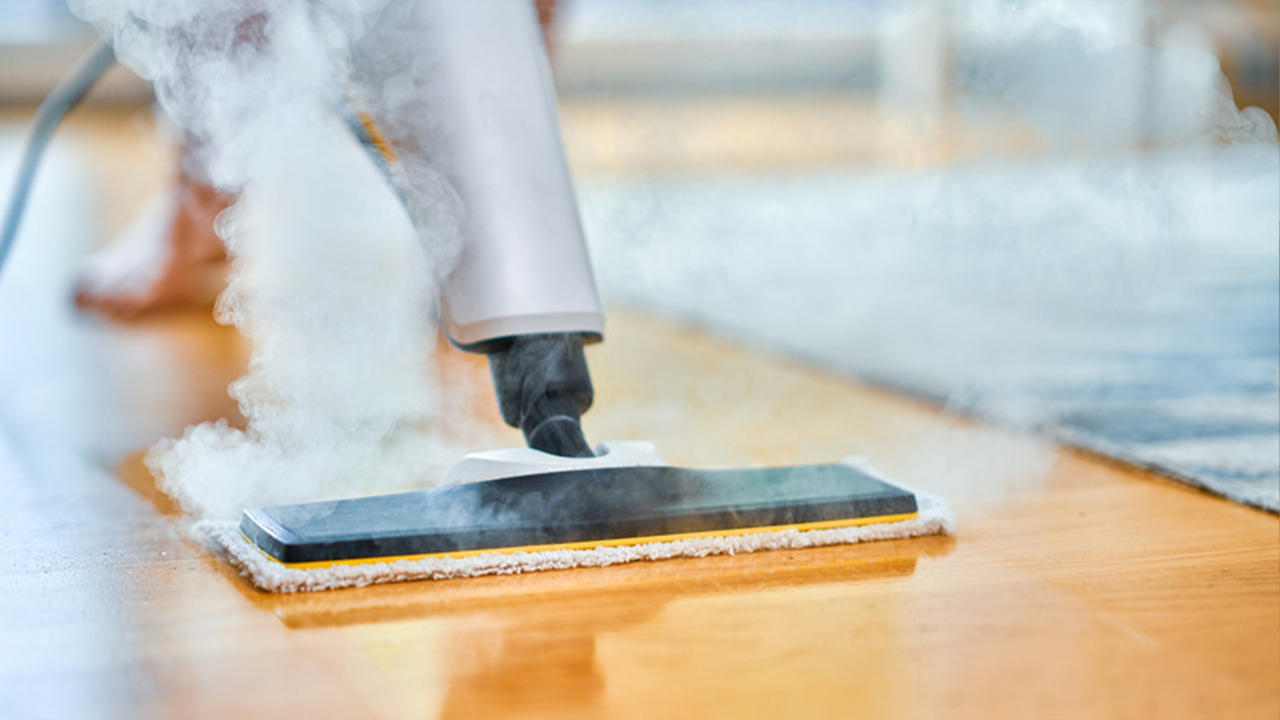
When it comes to mopping, the temperature of the water can make a difference in your cleaning results. Ultimately, the best temperature for mopping will depend on factors such as your flooring type, level of dirtiness, and personal preference. Experimenting with hot and cold water can help determine which works best for your specific cleaning needs. Here are some tips to help you choose the best temperature for mopping:
- Consider The Type Of Floor: Different types of flooring may have specific temperature requirements. For example, hardwood floors can be sensitive to heat and may warp or become damaged if mopped with hot water. On the other hand, tile or linoleum floors can withstand hotter temperatures.
- Determine The Level Of Dirt And Grime: Hot water is generally more effective at cutting through grease and stubborn stains. If you’re dealing with a particularly dirty or greasy floor, using hot water can help to loosen and remove the grime more easily.
- Take Safety Into Account: Hot water can be dangerous and may increase the risk of burns or accidents. Using cooler water may be a safer option if you have children or pets in your home.
- Test Out Both Temperatures: If you’re unsure which temperature to use, try mopping a small section of your floor with hot water and another section with cold water. Observe the results and see which one provides better cleaning.
Conclusion
To sum up, whether you choose to mop with cold water or hot water depends on various factors, such as the type of floor, the level of dirt and grime, and personal preference. Hot water can be more effective in removing tough stains and grease, while cold water is better for delicate surfaces and preventing the spread of bacteria.
It’s important to consider the safety precautions when using hot water and to choose the right temperature based on your floor type. Ultimately, the goal is to maintain a clean and hygienic environment, so choose the temperature that works best for you and your specific cleaning needs. We hope you now understand is it better to mop with cold water or hot water.
Frequently Asked Questions
1.Should I Use Hot Or Cold Water For Mopping?
Ans: It depends on the type of flooring you have. Hot water is better for tile or vinyl floors as it helps loosen dirt, while cold water is preferable for hardwood or laminate floors to avoid damaging the finish. Always check the manufacturer’s recommendations for cleaning.
2.Is Hot Water Better For Mopping?
Ans: Hot water is often more effective in dissolving dirt and grime on floors, but it can cause damage to sensitive flooring materials. Check the manufacturer’s recommendations before using hot water. The best temperature for mopping depends on your flooring type and level of soiling.
3.Is Mopping With Cold Water Good?
Ans: Using cold water for mopping is a good option for certain floors like vinyl or linoleum. It helps prevent warping and cracking. Cold water is also energy-efficient, saving on heating costs. However, hot water may be more effective in removing tough stains and dirt.
4.How Do You Properly Mop A Floor?
Ans: Properly mopping a floor involves several steps. Begin by sweeping or vacuuming to remove loose dirt and debris. Fill a bucket with water and your preferred cleaning solution, then dip and wring out your mop before starting. Mop in a figure-eight motion from one end of the room to the other.
5.Is It Better To Mop With Cold Or Hot Water?
Ans: The effectiveness of mopping with cold or hot water depends on your flooring type. Hot water can tackle tough grease and grime but may damage certain floors. Cold water is better for delicate surfaces like hardwood or vinyl. Always follow the manufacturer’s recommendations for optimal cleaning.

